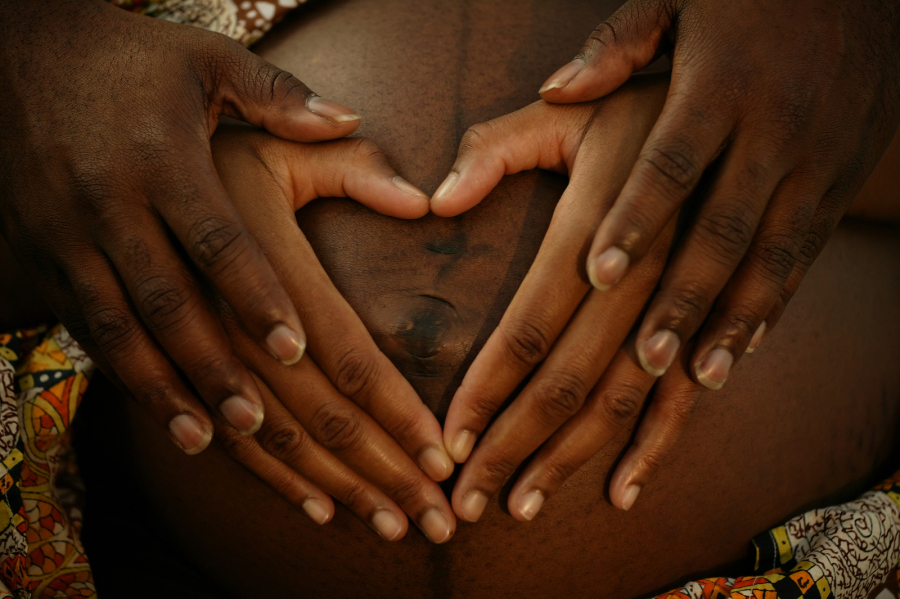Increasing trend in breastfeeding initiation hides sociodemographic inequalities between groups of mothers

Published on Monday, 28 January 2019 Post
New research has concluded that changes in the sociodemographic characteristics of women who become mothers in Great Britain (GB), and not improvement in breastfeeding practices, may be responsible for the increasing trend in breastfeeding initiation in GB since the 1980s. This is one of few studies globally to examine the relationship between increasing breastfeeding trends and sociodemographic changes in the population that may have resulted from decades of social and health policy reforms. The study used data from the 1985, 1990, 1995, 2000, 2005 and 2010 UK Infant Feeding Surveys, which included population-based samples of 7,000-12,000 women.
The findings showed that while the proportion of mothers who initiated breastfeeding increased from 64% in 1985 to 81% in 2010, there was also a considerable increase in the proportion of first-time mothers who were 30 or older, had higher education and higher-skilled occupations, were cohabiting with a partner, were of BME origin, and did not smoke in pregnancy. In each survey year, these same groups of mothers were significantly more likely to initiate breastfeeding than mothers who were younger, had lower education and lower-skilled occupations, were single, were of white ethnicity, and smoked during pregnancy. The findings suggest that more targeted interventions are necessary to support these latter groups of mothers with unmet needs. The study was conducted by Deon Simpson, and NPEU researchers Maria Quigley, Jenny Kurinczuk and Claire Carson, and can be read in full in PLoS ONE.



